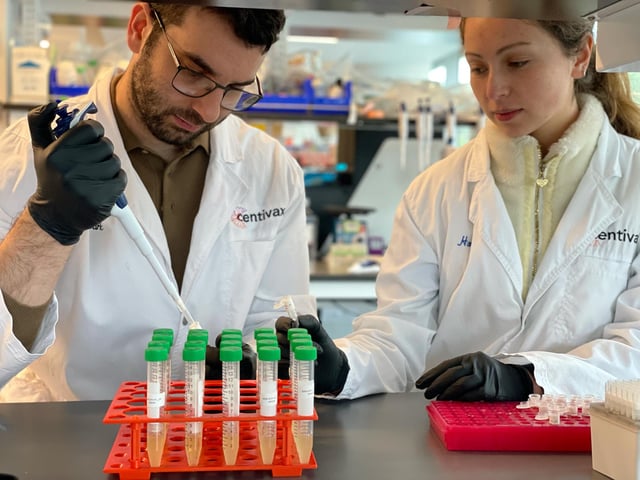Overview
- Tim Friede's 18-year self-immunization project produced antibodies capable of neutralizing venom from 19 of the world’s deadliest snakes.
- A cocktail combining two of Friede’s antibodies and the toxin inhibitor varespladib fully protected mice against 13 snake species and partially protected against six more.
- The antivenom targets elapid snakes, including cobras, mambas, and taipans, but researchers aim to expand its coverage with a fourth component and formulations for vipers.
- Veterinary trials in Australia are planned as a next step before advancing to human clinical studies.
- The new human-derived approach addresses limitations of traditional antivenoms, which are species-specific, animal-derived, and carry risks of adverse reactions.



